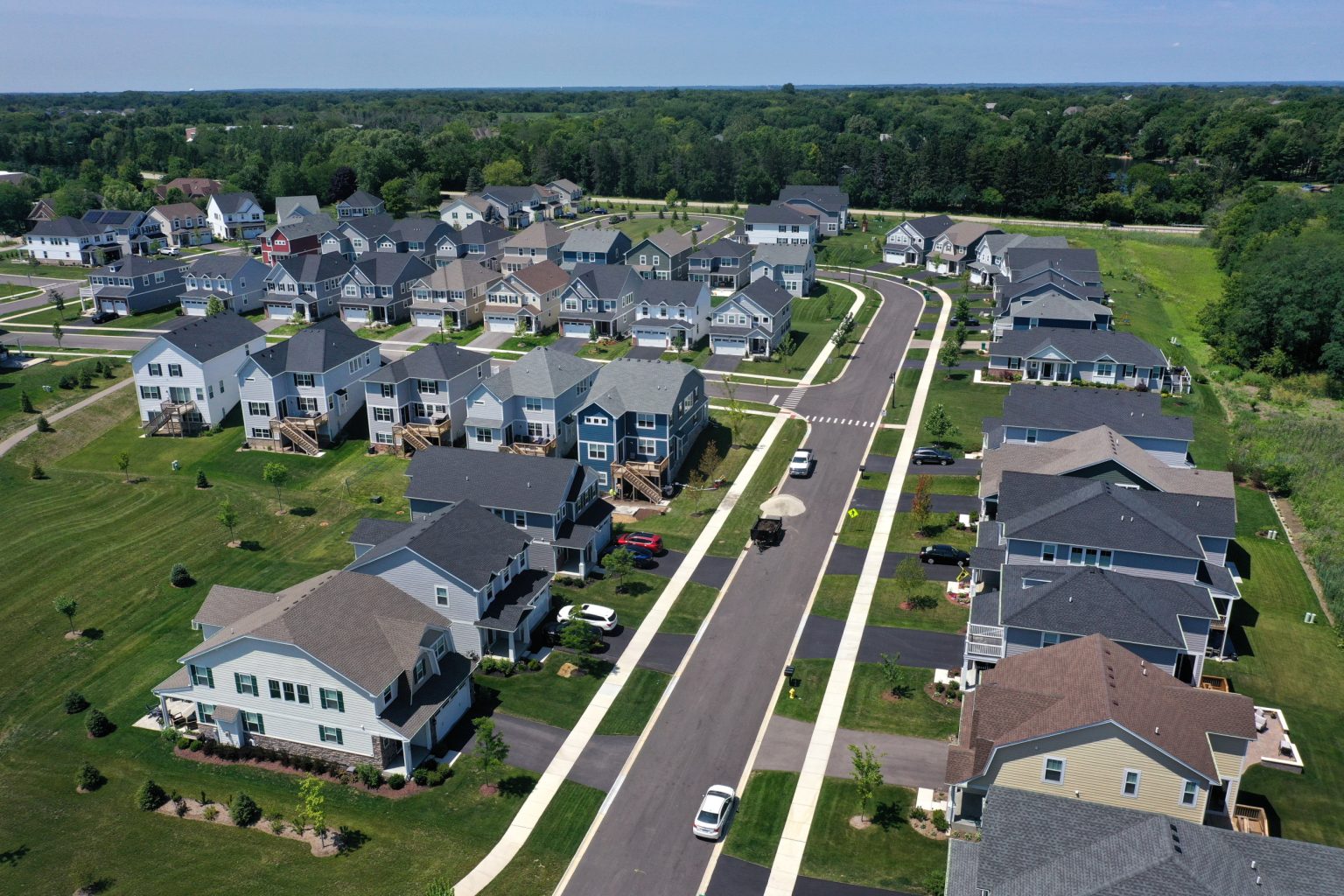Housing experts predict that mortgage rates will likely remain around 7 percent in May due to elevated inflation that is preventing the Federal Reserve from lowering borrowing costs. The high cost of home loans may deter potential buyers from entering the housing market until rates decrease. The Federal Reserve raised interest rates to 5.25 to 5.5 percent, contributing to higher borrowing costs, including for home loans, in an effort to combat rising inflation. Inflation is still above the central bank’s target of 2 percent, leading policymakers to maintain current interest rates.
Economic data, particularly around inflation, has been higher than expected, with inflation reaching 3.5 percent in March, up from 3.2 percent the previous month. Unless inflation surprises in the coming weeks, mortgage rates are likely to stay between 7 to 7.5 percent. Fed policymakers are not expected to change their stance on rates at their meeting on May 1. Mortgage rates are driven by inflation levels, which have been higher than anticipated. The high mortgage rates are expected to impact buyers’ ability to purchase homes, leading to a more hesitant approach to the housing market.
Experts predict that mortgage rates will remain high in the coming weeks as inflation continues to be elevated. Buyers are likely waiting for rates to decrease, with the trajectory of rates dependent on how inflation performs in the upcoming months. Potential home buyers are holding back until mortgage rates decline, which may eventually lead to a slowdown in the pace of home price increases this summer. The Fed is set to reveal their latest rate decision in May, and the CPI inflation data for April will provide insight into future rate movements.
In a market where mortgage rates are expected to stay high, lower-priced homes may experience increased competition. Buyer competition is expected to be significant this spring, particularly for listings in the lower price range. New construction homes are also selling well, with builders offering financial incentives to potential buyers to offset the impact of higher rates. Sellers who are also buyers may find that higher rates are less of a deterrent this year, with potential movers feeling the need to act due to personal circumstances.
Lenders anticipate that 10-year treasury yields will decrease from around 4.7 percent to 4 percent in the coming weeks, narrowing the difference between mortgage rates and treasury rates. This is expected to lead to relatively stable 30-year fixed mortgage rates in the near future, but with a potential increase towards 6.5 percent by the end of 2024. The combination of factors in the housing market, including high mortgage rates and buyer competition, may influence the dynamics of home sales and prices in the coming months.
Overall, experts suggest that the housing market will continue to be impacted by high mortgage rates and inflation in the near term. Buyers are likely to remain cautious and wait for rates to decrease, while sellers may find opportunities in a market where rates are less of a deterrent for potential buyers. The trajectory of mortgage rates will be closely tied to inflation data and Fed decisions, providing important insights for both buyers and sellers in the housing market.


